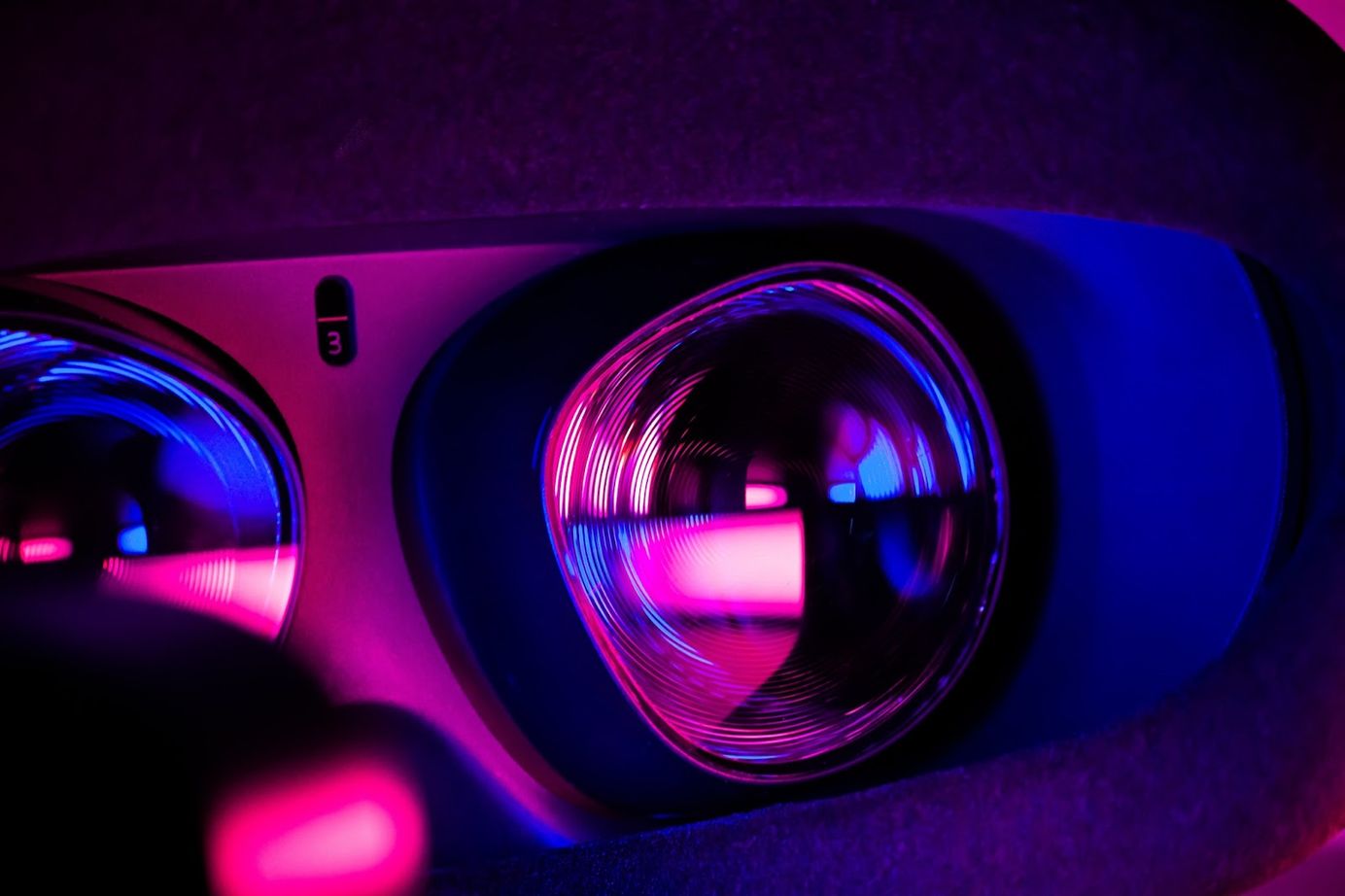Neuroscience

How Much Do You Know About the Brain? 33 Facts That Will Blow Your Mind Paid Members Public
The brain contains over 86 billion neurons and 2.5 million gigabytes of storage while generating over 50,000 thoughts daily. In addition, the human brain has 100,000 miles of blood vessels, which is enough to circle the earth four times.

How Does Bitcoin’s High and Low Affect the Brain? Paid Members Public
What has changed is the relationship that humans have with money. Simple experiments in psychology have indeed shown that because humans do not feel the physical property of money, this fact would influence economic behavior.

Neuroeconomics: the Science of Economic Research Paid Members Public
While trying to understand the implications on behavior and well-being, neuroeconomics aims to define a computational and neurobiological framework that accounts for choice processes.

Time Travel: The Science of Time Zones Paid Members Public
Does time travel make one younger? Actually yes! A fun fact about the topic is that you get older slower than those who do not fly. This process is explained by natural science based on spectral relativity.

The Power of Saying “NO”: From Psychology to Neuroscience Paid Members Public
Learning to say No is also related to emotional intelligence (EQ). Hence, adapting one's own and others' emotional states would help in managing tasks, relationships, and challenging situations. Studies showed higher EQ is associated with mental health, job performance, and leadership [2].

Speaking Silently: the Neuroscience of Sign Language Paid Members Public
Indeed, languages incorporate the knowledge and the history of a culture, while the function of cognition is to translate and represent this wisdom (“internal world”) toward the outside (“external world”) to interact with the environment and life events.

While We Dream: The Neuroscience of the Sleeping Brain Paid Members Public
Dreams would help in processing emotions, and individuals affected by higher levels of stress and anxiety would indeed experience nightmares and frightening dreams.







